
Thyroid function is dependent on a multitude of metabolic feedback signals. If you are deficient in basic nutrients this can cause your system to become imbalanced. Many different nutrient imbalances can contribute to poor thyroid function and having a qualified Functional medicine practitioner work you up is the key. This paper will outline the 8 most common nutrients associated with thyroid function.
Numerous factors contribute to the decline of thyroid health. Environmental and physiological influences that play a role may include:
• Heavy metal contamination
• Pesticide, herbicide and other environmental toxins
• Gut dysbiosis
• Hormonal fluctuations
• Drugs such as antibiotics
• Lack of nutrients possibly associated with malnutrition, poor diet, or decreased nutrient absorption from related disorders like IBD (irritable bowel disease)
• Chronic infections possibly due to autoimmune problem or high stress
• Carcinogens from diet such as meat cooked at high temperatures or lifestyle factors like smoking
• Alcohol intake
• Poor sleep habits
This article will focus on the 8 most common nutrient imbalances
Restore your vitality by addressing 8 key nutrients outlined in this article to improve thyroid function and see positive changes in your energy and mental clarity.
- Iodine – with caution
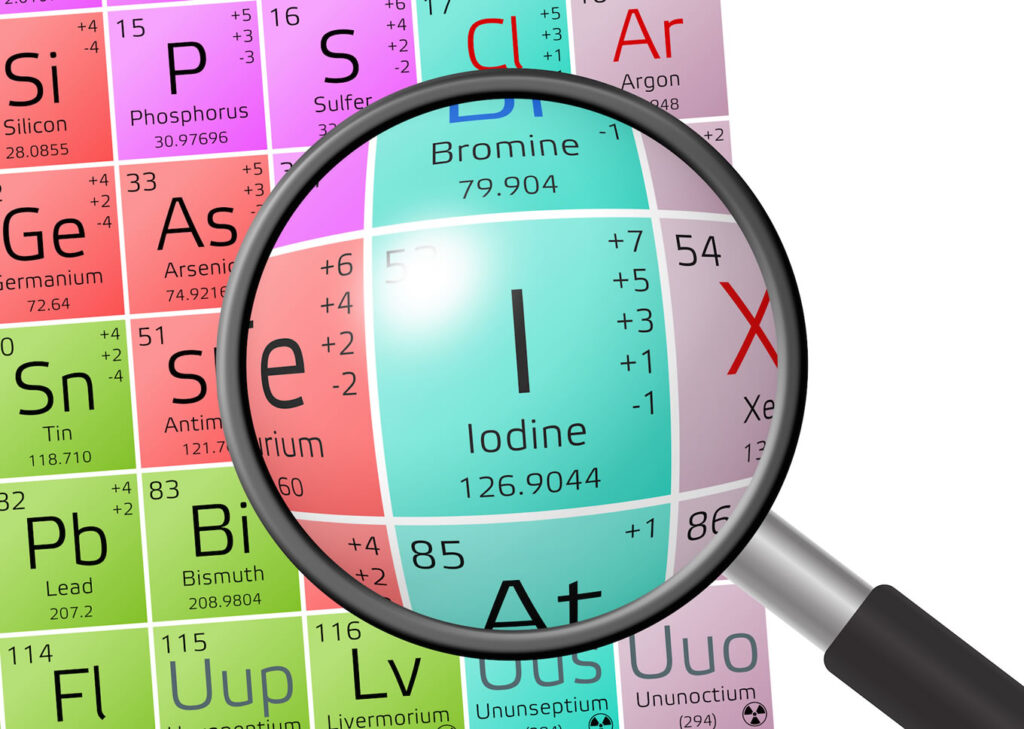
Iodine is critical for thyroid function. Iodine is the basic building block for your thyroid to make thyroid hormones. Deficiency is very common in today’s society; our food just doesn’t have iodine in it. Even good food like fruit and vegetables. To make maters worse our diet and environment have chemical in it called halides, these chemicals get into our body and attach to the iodine receptors and prevent the little iodine we do get from doing its job. For many people those halides like bromine, fluoride, chloride need to be detoxified out if the receptors to get the benefits of the mineral iodine. For this reason many people and practitioner have had poor results with iodine clinically. I always recommend consulting with a functional medicine doctor trained in the use of iodine to get it right. Iodine is controversial in the healthcare world and many have been told it can be harmful. For more information check out this article.
- Selenium
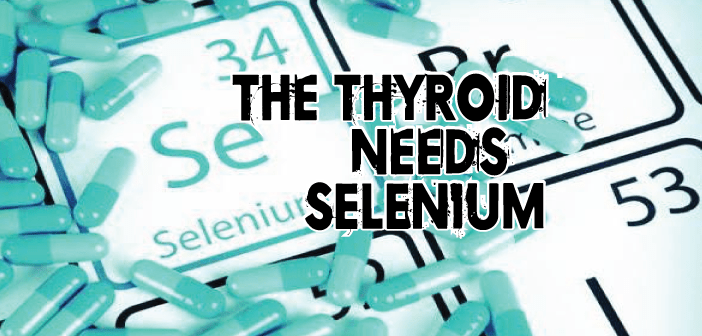
The concentration of selenium in cells is essential for the conversion of T4 to T3. It is also critical for supporting the enzyme 5-deiodinase which converts T4-T3 and degrades the inactive rT3 and reduces thyroid anti-body formation. (1)
Selenium deficiency is associated with a weakened immune system and autoimmune diseases including cancer and Hashimoto’s thyroiditis. Restoring levels of selenium through an individual’s diet supports antioxidant pathways, improves hormone metabolism, controls inflammatory responses, and repairs thyroid cell and tissue damage. (2) (3)
I recommend getting around 200mcg of selenium per day.
- Zinc
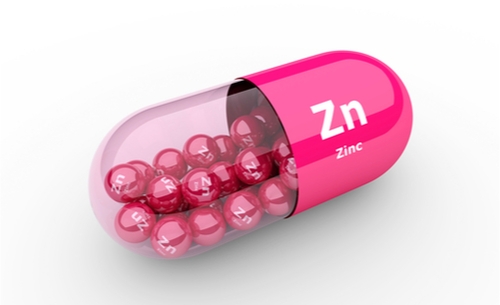
Zinc is another mineral that is important for thyroid function and the ability to make thyroid hormones. Zinc also plays a vital role in enormous other bodily functions. Some common side effects of poor thyroid function are dry hair dry skin, Zinc can play a vital role in relieving those symptoms in conjunction with improve thyroid function.
Some common causes of low zinc levels are;
- Leaky gut and poor bowel function
- Medications including, NSAID’s, Acid blockers, and antibiotics.
- Iron
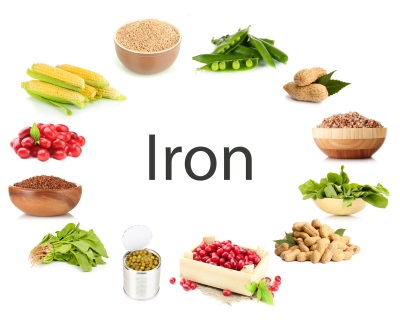
Iron is a mineral the helps the body transport oxygen in the blood and low iron levels can cause fatigue a common symptom of under active thyroid. Iron has been shown to prevent the formation of reverse T3 this is a form of Thyroid hormone that become inactive. So if your body is making t4 and converting it to T3 but your iron levels are low it could convert to reverse T3 and become useless.
Low iron has also been shown to lower T4 and t3 as well as suppress the conversion of T4 to T3. So iron is critical for proper thyroid function. (4)
- Fat soluble vitamins
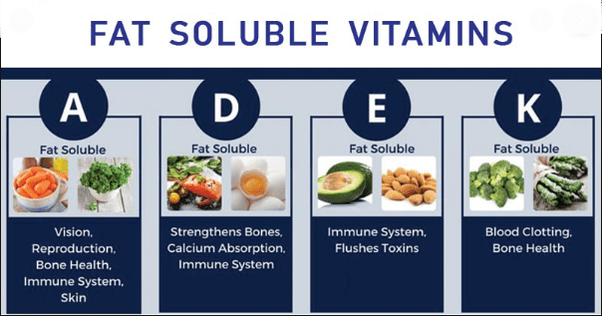
Fat soluble vitamins are important for thyroid health for many reasons.
The most important ones are Vitamin A, Vitamin D and K2. These work synergistically to bolster the immune system, Improve the conversion of T4-T3 and support the body function that regulate the thyroid such as cardiovascular, brain, bone, and liver health.
- Omega 3 fatty Acids

Omega 3 fatty acids are helpful for many functions in the body, such as reducing inflammation and improving brain, memory and cardiovascular function to name a few. Studies have shown that omega 3 fatty acids can improve thyroid function and protect the thyroid gland. (5)
- B complex

B vitamins play a vital roll in human health and that includes thyroid health. Deficiency of key B vitamins is common in todays society with the over consumption of sugar, alcohol and certain medications.
A good multi B vitamin is helpful to restore and maintain balance, of key importance are B2, B6 and B12. B12 and B2 have been shown to be associated with hypothyroid symptoms (6). B6 is directly related to thyroid hormone production and can help with auto-immune thyroid by improving the stress response.
- Vitamin C

Individuals with thyroid disease are reported to have low circulating antioxidant levels. The antioxidant vitamin C treats trauma resulting from too much thyroid hormone production, likely by preventing oxidative stress to tissue. (7) (3)
Vitamin C supports the health of the adrenal gland where it is most concentrated in the body. When vitamin C is lacking, the adrenal gland cannot adequately respond to stress creating problems for the hypothalamic-pituitary-adrenal axis and consequently the thyroid. (3)
A study of patients that had hypothyroidism and autoimmune related complications supplemented vitamin C for a 6 month period. Following the study, these individuals had improved levels of the thyroid hormones T4, T3 and TSH. Participants also showed an improvement in the malabsorption issues they were having from gastrointestinal problems. (8) (3)

